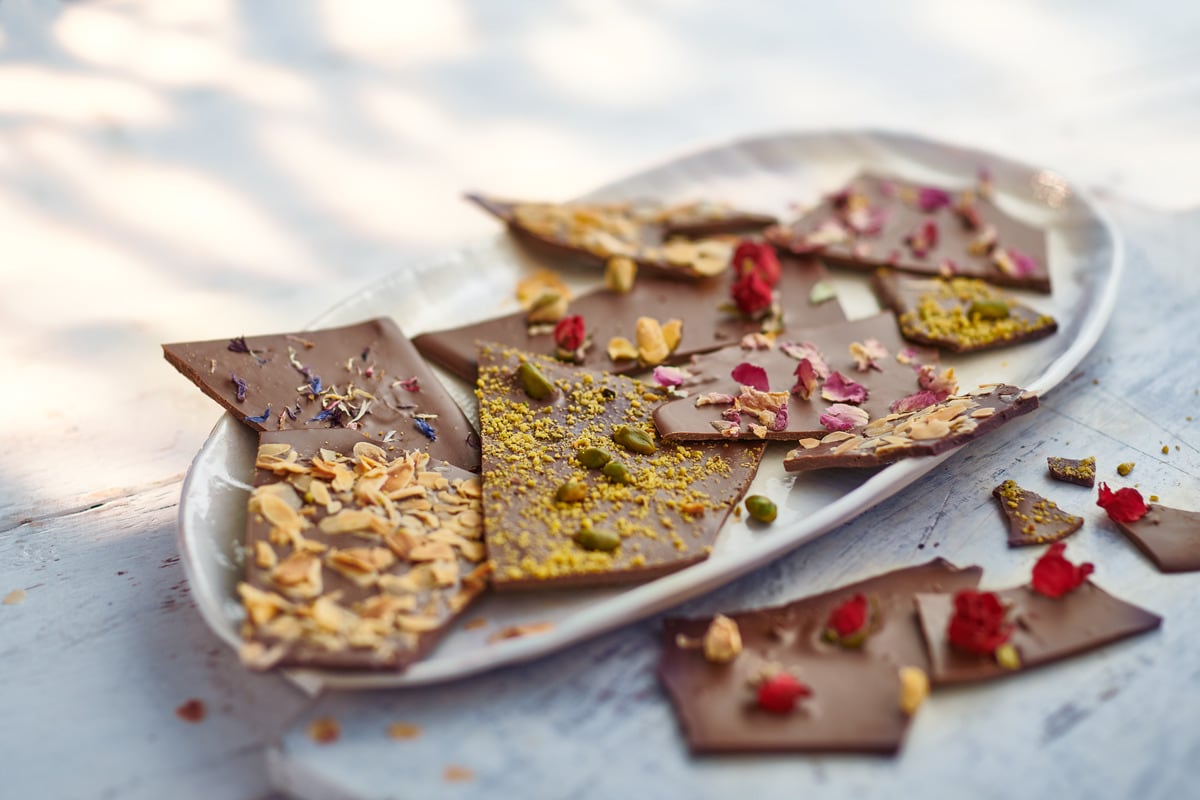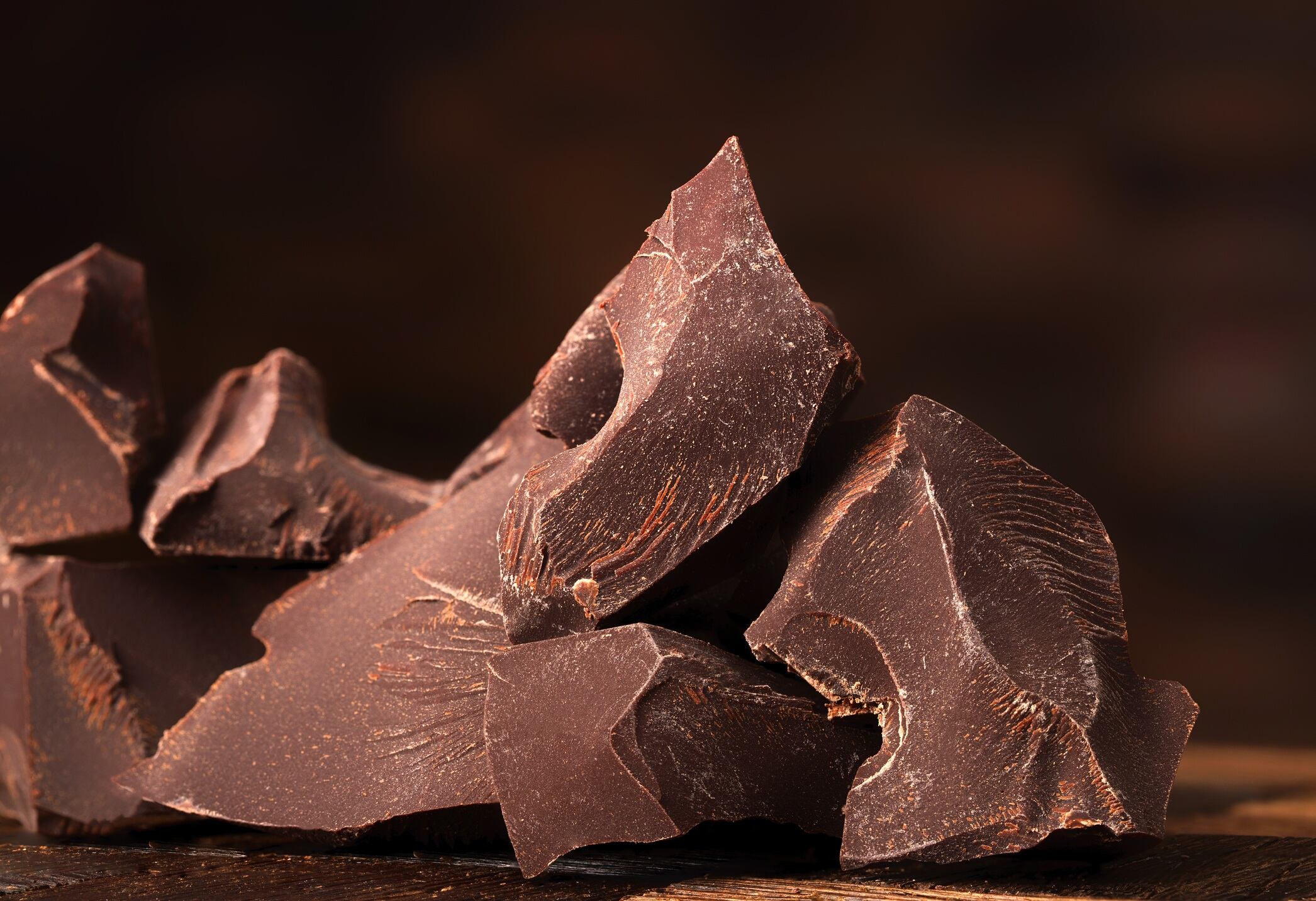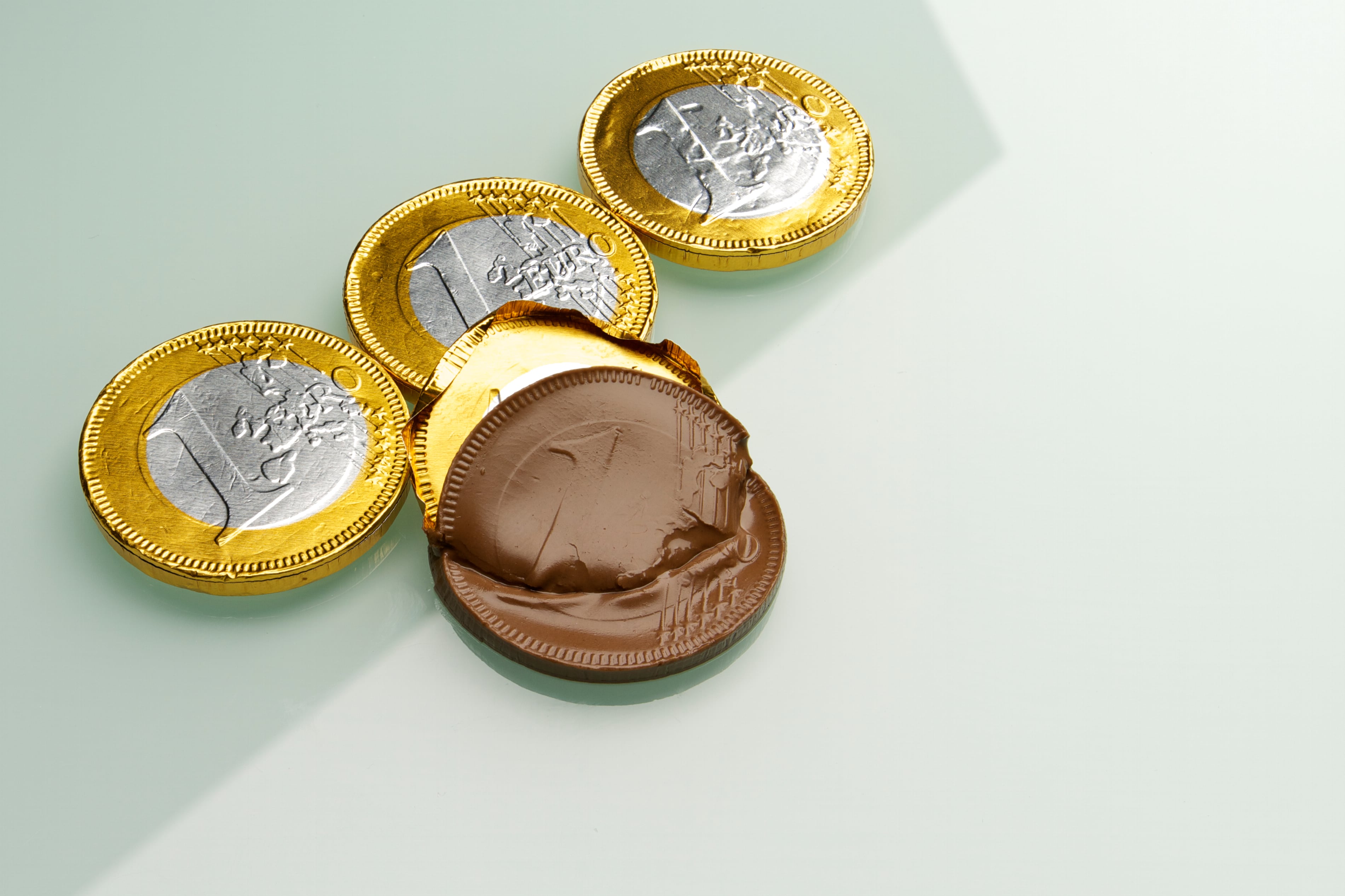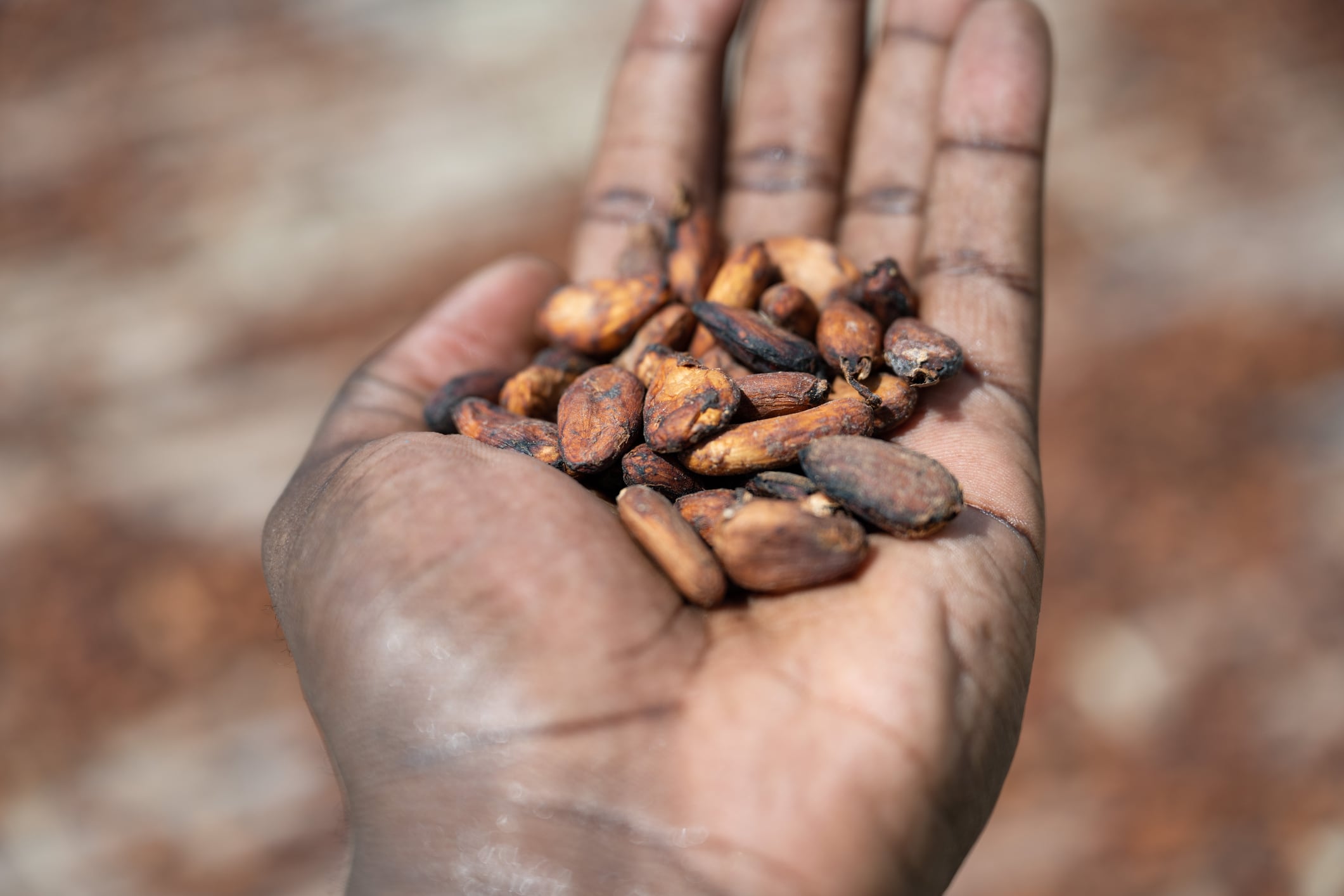What’s driving the rise of cocoa-free chocolate alternatives? Summary
- Aldi expands ChoViva range with three new festive chocolate-free treats
- ChoViva mimics chocolate using sunflower seeds, sugar and plant-based fats
- Cocoa-free demand grows amid price volatility and supply chain concerns
- Win-Win and Nukoko offer cheaper, sustainable chocolate alternatives using fermentation
- Cocoa-free options claim up to 94% less water and 82% fewer emissions
Last month, retailer Aldi announced it would expand its partnership with cocoa-free confectioner ChoViva.
Following the successful rollout of the manufacturer’s cocoa-free Peanut Butter Mini Eggs in February, sold under the discounter’s private label Dairyfine, the retailer said it would add three new festive lines: a ChoViva Halloween Gonk, and two more Christmas-themed launches.
Using a blend of sunflower seeds, sugar and plant-based fats, ChoViva - made in partnership with German chocolate manufacturer WAWI-Schokolade AG - claims to replicate the taste and aroma of chocolate without any need for cocoa.
Alongside its tie-up with Aldi, the ingredient also made its debut in German hypermarket chain Kaufland earlier this year, with Waffle Bites and Neapolitans containing ChoViva sold under the grocer’s K-Classic private label brand landing on shelves in May. Other notable industry partners include European confectioners Lindt & Sprüngli, Wawi, and Piasten Treets.
And it’s one of a number of European start-ups producing cocoa-free alternatives that have seen demand slowly ramp up amid ongoing volatility in the global cocoa market.
Surging enquiries
While cocoa prices have stabilised since their peaks in April 2024 and January 2025, a number of risk factors remain. Last month’s political elections in Cote D’Ivoire – the world’s largest cocoa producer – have created further question marks around future farmgate prices, while ageing plantations and the spread of swollen shoot virus continue to blight yields.
Longer-term, the WWF has forecast that cocoa deficits could reach more than 2.2 million tons by 2030 if current sourcing and production practises remain unchanged.
Against this backdrop, more and more manufacturers are exploring ingredients that could provide a viable alternative, and avoid the need to further raise prices in an inflationary market.
“Over the past 18 months, we’ve seen a surge in enquiries for our cocoa-free chocolate alternatives as manufacturers and food service providers look for solutions to the ongoing cocoa crisis,” says Mark Golder, CEO of Win-Win.
Founded in 2021, Win-Win uses fermentation technology alongside more traditional chocolate-making methods, such as roasting, refining and tempering, to turn ingredients like rice and carob into a cocoa-free chocolate alternative that, they say, looks, melts and tastes the same. “Win-Win’s cocoa-free chocolate alternative performs almost identically to conventional chocolate in almost all applications, and interest is coming across a wide-range of food product sectors,” adds Golder. Categories generating “huge interest” include cake, biscuits, patisserie, ice-cream, drinks and confectionery.

“We’re seeing an explosion in interest from the trade,” he says. “We’ve already received early validation from manufacturers and retailers, as well as chefs using our products on Michelin-starred restaurant menus, like Apricity in London.”
Off the back of this interest, the UK food tech firm has also expanded its product line-up to include dark, milk and white chocolate variants, in couverture, bake-stable and non-temper formats.
At chocolate alternative Nukoko too, the cocoa crisis has sparked significant interest in its products, says founder Ross Newton. “It has been huge,” he says. “We started Nukoko a year before the cocoa price hiked, and overnight the interest shot up 100% and has remained high ever since.” The manufacturer uses a proprietary process that includes controlled fermentation to unlock chocolate-like flavour compounds in fava beans, made possible because fava beans, like cocoa, contain a protein called vicilin.
Both Win-Win and Nukoko say their cocoa-alternatives already compare favourably on price.
At Win-Win, Golder says “we’re already able to offer Win-Win at prices lower than conventional chocolate, and we expect that gap to widen.” And the availability of fava beans, with more than three million tonnes harvested in the EU each year alone, at “somewhere around £0.30p/kilo” makes Nukoko “an affordable alternative to cocoa,” adds Newton.

And while cocoa is plagued by controversies around its environmental impact, including its contribution to deforestation, these alternatives claim to take far less of a toll on the planet.
Win-Win says its chocolate alternatives require up to 80% less water to produce and generate 82% fewer CO2e emissions compared to conventional chocolate. Nukoko also claims to have a significantly lighter environmental footprint. And ChoViva says it generates 80% fewer CO2 emissions and uses up to 94% less water.
Longer-term alternatives
For these cocoa alternatives, it isn’t simply about providing a short-term fix either .
“I think the higher costs for cocoa are here to stay, and longer-term data suggests an upward trend,” says Newton. “This means interest in alternatives and the markets interest in reformulating their products is going to increase over the next 10 years. We have already seen major brands reformulating their products, heritage brands that have been on the shelves for decades, reformulating to such an extent that they cannot be legally called chocolate. I think the key thing here is balancing the need to reformulate whilst maintaining the standards that were kept before and the consumer experience is not diminished.”
“Global chocolate demand is increasing; even as cocoa supply becomes less certain and consumers are looking for reliable availability of affordable and ‘same-sized’ chocolatey treats,” agrees Golder.
“The continued decline and uncertainty in cocoa makes it inevitable that the industry will need to find alternatives to meet consumer demand.”




